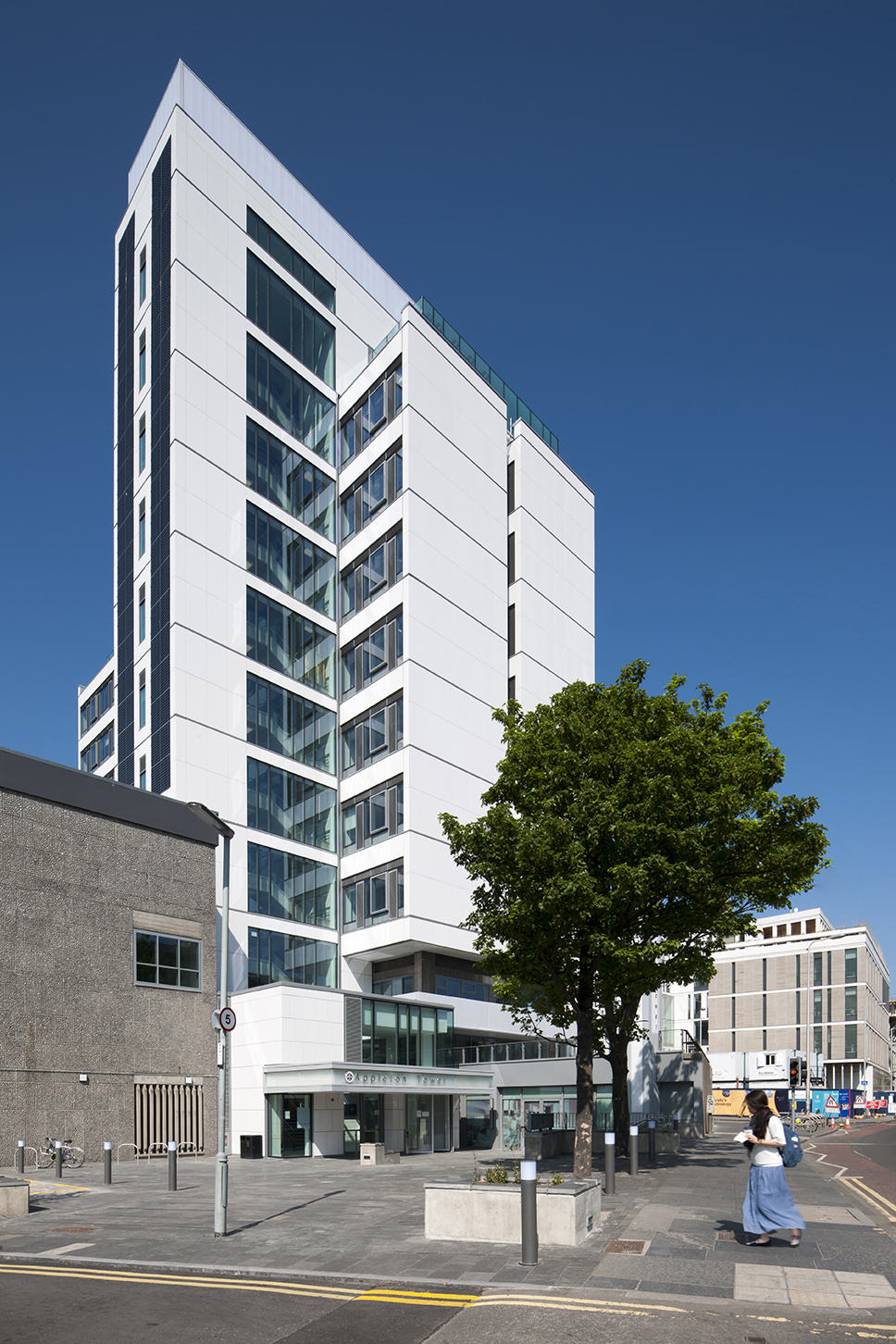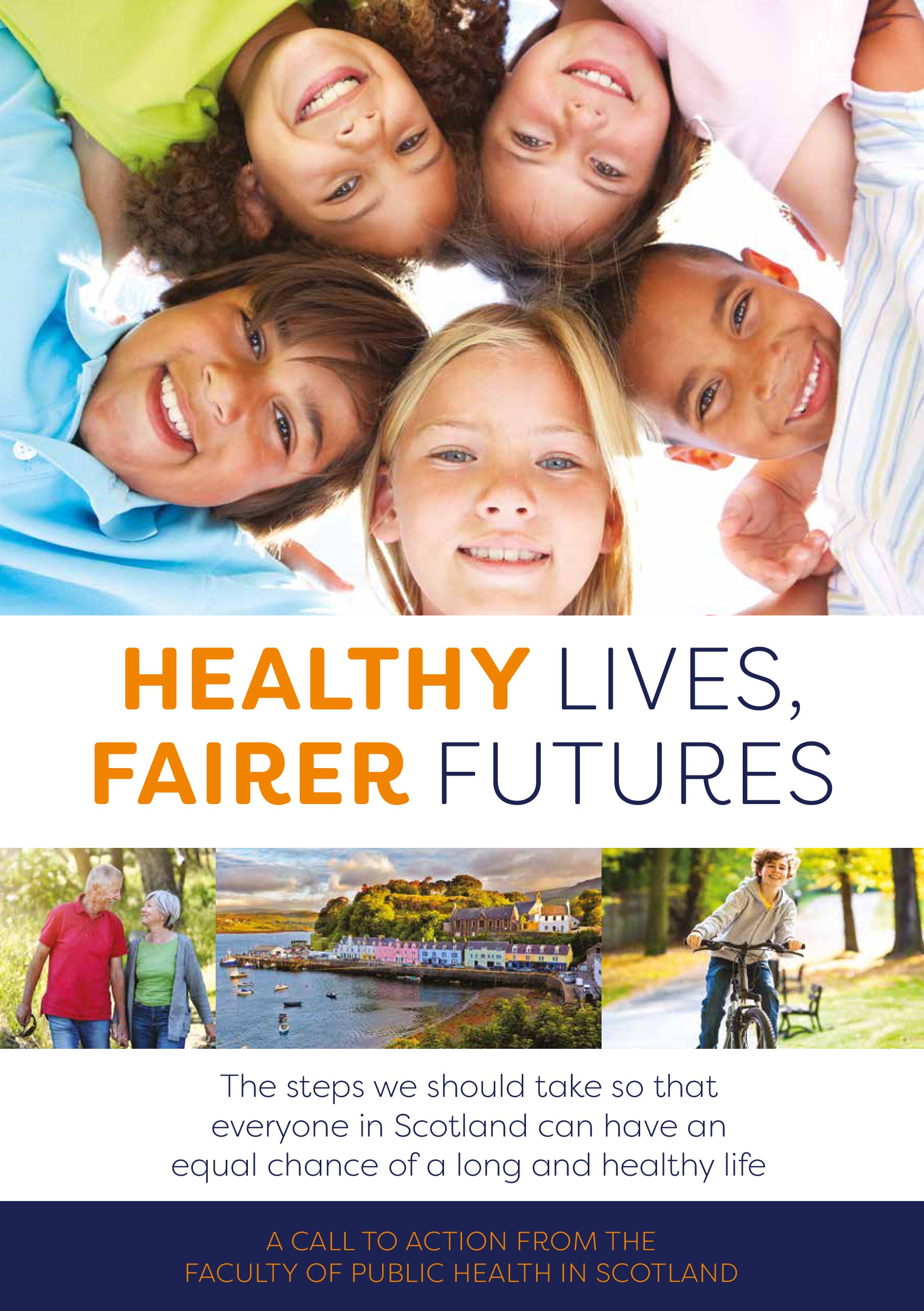
It is highly likely that Covid 19 has exacerbated existing structural inequalities in Scotland, according to the Finance and Constitution Committee’s budget report published today.
A fair and equal economic recovery should, therefore, focus support on lower income, less educated, younger workers and help their progression in the labour market, says the Committee in unanimously agreed findings..
The report also says a “fundamental examination” of the Scottish taxation system should be held in time for the 2023-24 Budget.
The committee calls for a ‘national conversation’ on what tax policy is designed to achieve – in particular its role in achieving a just, sustainable and strong economy as we recover from Covid 19.
Finance & Constitution Committee Convener Bruce Crawford MSP said: “Our Committee recognises that it is highly likely that Covid 19 has exacerbated existing structural inequalities – with people on low or precarious incomes, with fewer employment rights facing the harshest of consequences.
“The pandemic has also had a devasting impact on the economy with some sectors and businesses being hit harder than others
“Our view is that a fair economic recovery from Covid will require a particular focus on supporting lower income, less educated and younger workers into the labour market. It should also help them progress up the labour market while driving up standards of pay and workplace rights.
“If the reduction in jobs in hospitality and non-essential retail is to become a permanent feature, support for training in other sectors and industries is also likely to be important.
Calling for a ‘national conversation’ on the Scottish tax system, Mr Crawford added: “We now consider that a fundamental examination of what the Scottish tax system is designed to achieve must be undertaken. In particular, it should look at the role of tax policy in achieving a just, sustainable and strong economy as we recover from Covid 19.
“This would include the breadth and nature of the tax base, the impact of economic activity on the size of the tax base, and the relationship between local, Scottish and UK-wide taxes.
“The Committee’s view is that this requires a national conversation jointly led by the Government and Parliament and which includes a wide range of voices across Scotland.”
The committee’s report says if the work was completed by September 2022 it would allow its successor Committee to consider the findings as part of its pre-budget scrutiny ahead of the Government preparing its 2023-24 Budget.
Find the full budget report of the Finance & Constitution Committee here..





